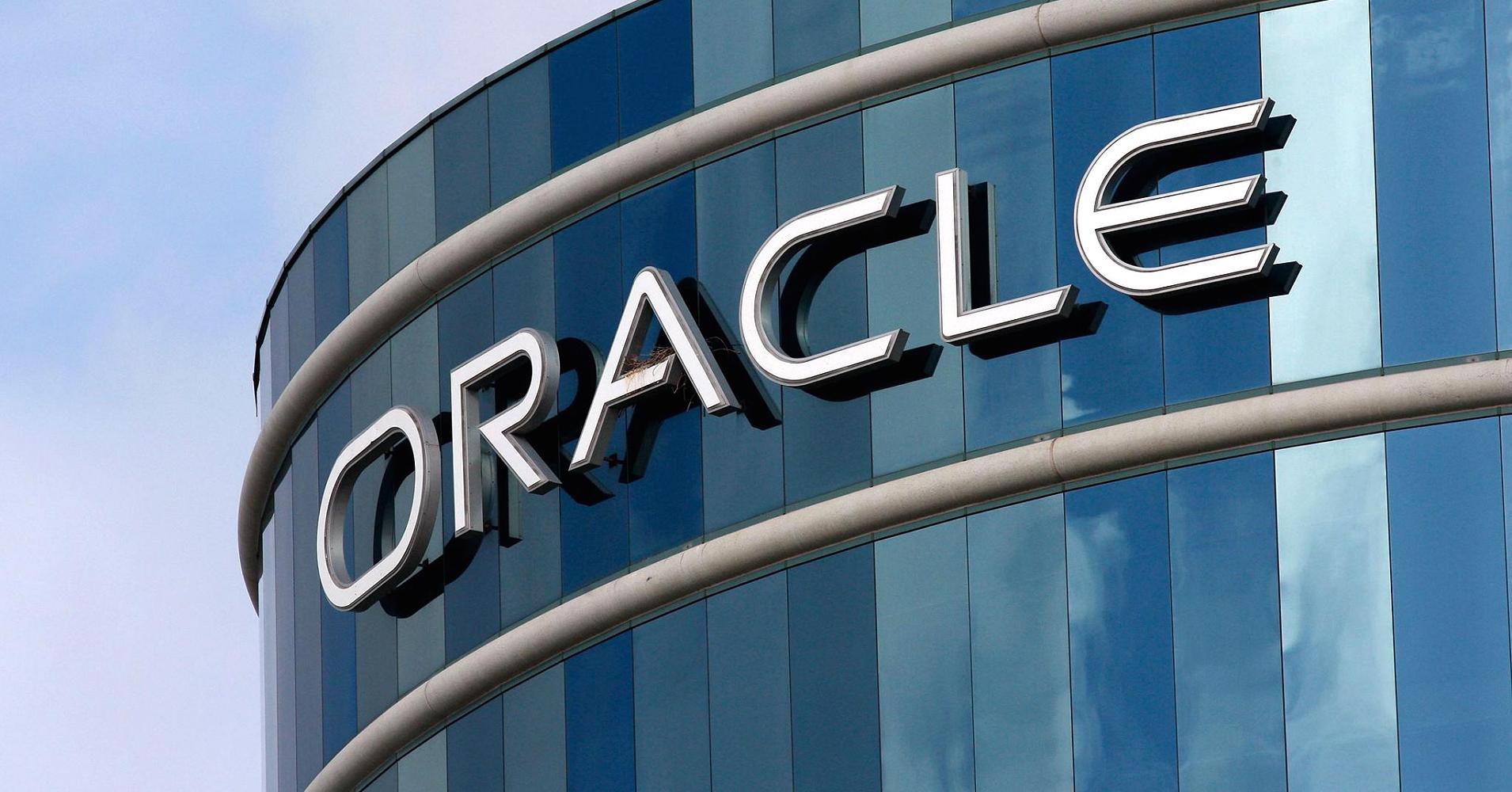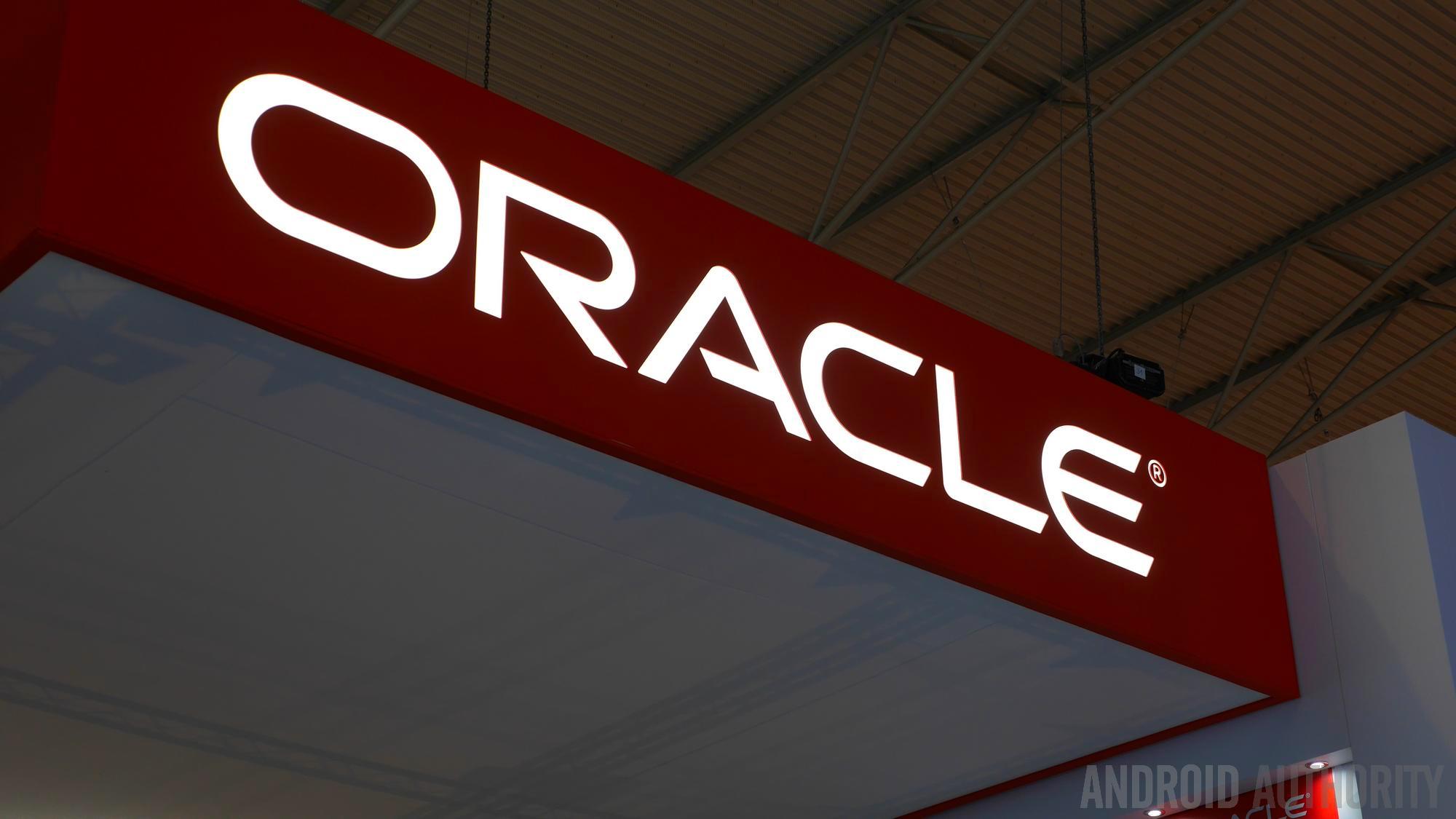Affiliate links on Android Authority may earn us a commission. Learn more.
Oracle accuses Google of lying during Java copyright trial
Published onAugust 18, 2016

This year has seen a another Oracle versus Google lawsuit come to a close, with Google coming out on top once again. However, Oracle isn’t finished with the case yet, as today the company’s lawyers appeared in federal court to try and have their latest loss thrown out. The reason – because they were allegedly denied the use of key evidence in the case.
Oracle attorney Annette Hurst claims that the launch of Google Play apps on Google’s Chrome OS, the announcement of which occurred part way through the trial, undermines Google’s key defence – that Google’s use of Java APIs fell under fair use partially because Android was not competing with Java SE in the desktop or laptop markets. Hurst now claims that Google has always intended to use Android as a “leading wedge” to encroach on the PC and therefore Java SE markets. Although US District Judge William Alsup did not appear impressed by this argument.
“Google’s whole pitch was ‘We didn’t harm Java SE because we weren’t on desktops and laptops.’ This jury was entitled to consider the context—yes, now they are on desktops and laptops. It’s outrageous. They’re lying to the jury! The court can’t countenance this!” – Oracle attorney Annette Hurst
Google attorney Christa Anderson responded that Oracle knew all about Google’s efforts to port Android apps over to laptops during the case, but that the company failed to bring up that argument during the trial. Google’s attorney states that the corporation requested and received information about Google’s App Runtime for Chrome (ARC), which is still technically undergoing testing.

Oracle is now planning to appeal the verdict after already seeking a new trial, on the grounds that Google presented so little evidence during the trial to support its case that Oracle should win, despite the jury’s findings. Furthermore, the corporation hasn’t ruled out filing a new claim against Google’s Chrome OS, for infringing on its copyright in the desktop space. Despite the recent verdict, it doesn’t appear that this dispute will be going away any time soon.